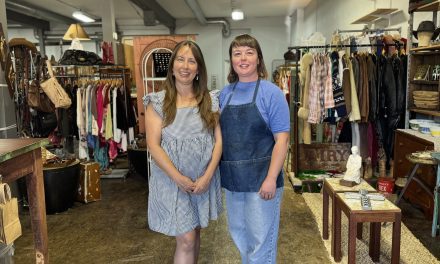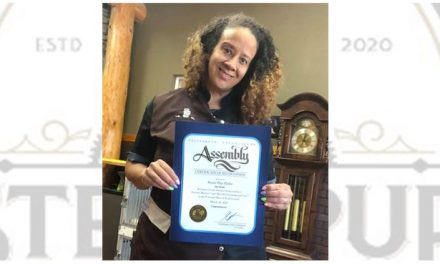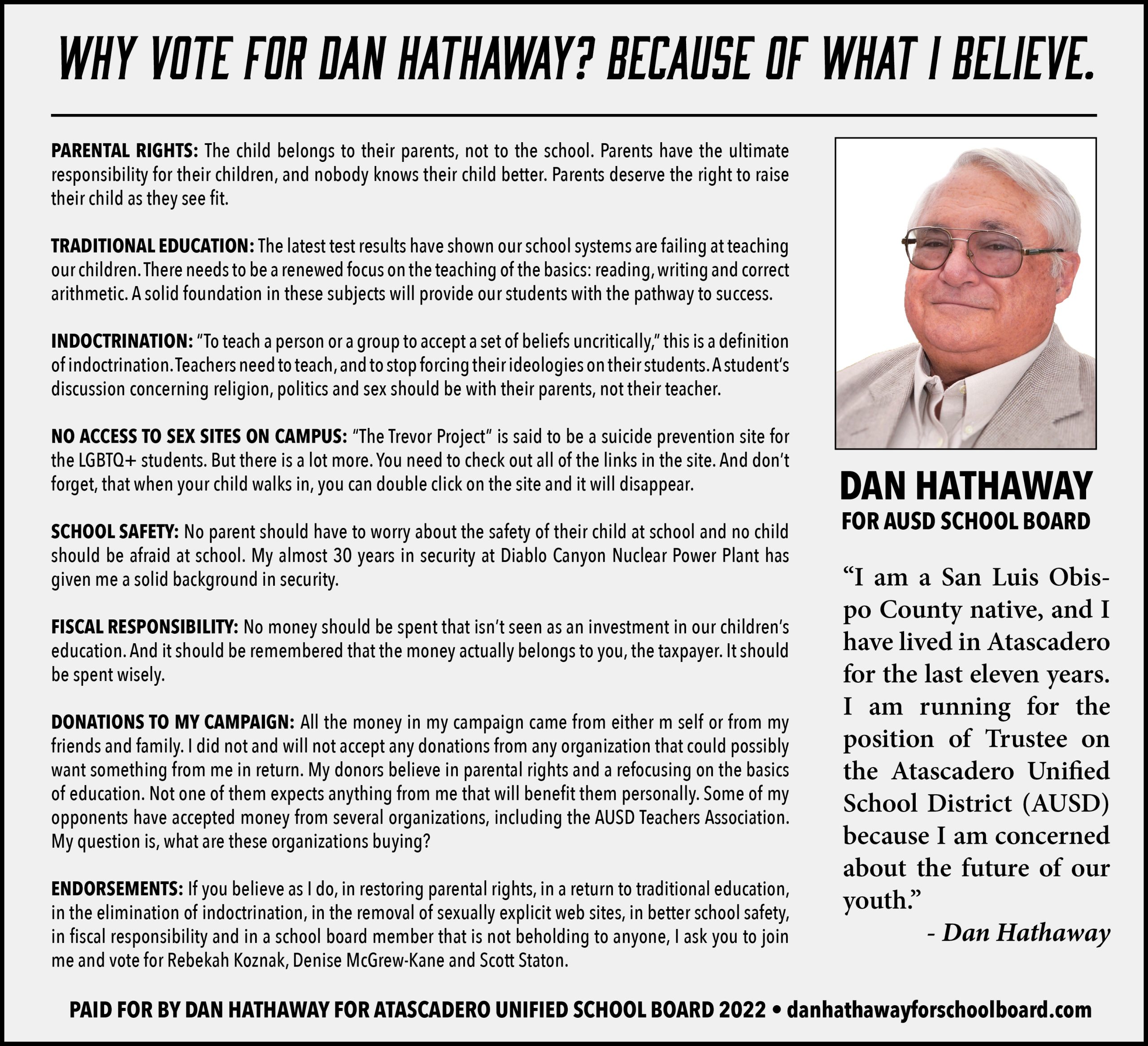Solarponics started as a notion on an apple farm in southern California. Over the years, founder Michael Emrich watched as the smog filled the air and hid the valley and hills below in a brown haze of floating waste. By the time he graduated from college, his course of working with clean energy was firmly established.
“I started thinking right then that there had to be a better way,” Michael Emrich said.
After graduating from Cal Poly in San Luis Obispo, Emrich worked at the Lawrence Livermore National Laboratory that was founded to strengthen “the United States’ security through development and application of world-class science and technology,” according to its mission statement. He then took a job with the Environmental Protection Agency where he monitored air quality, mainly the amount of sulfur dioxide in the atmosphere. Produced by the burning of fossil fuels, sulfur oxides are primary contributors to acid rain and regional haze and also causes complications to the human respiratory system.
The EPA stationed Emrich in Ely, Nevada in the mid-70s during the beginning of the oil crisis. Emrich said the small town, located 300 miles from the nearest city, was left in a precarious position when gas prices skyrocketed from $0.35 a gallon to $2.53 which is equivalent to $14.96 a gallon in today’s market. It was there, in the middle of nowhere, that Emrich recalled Steve Baer’s research on solar and decided to move back to the Central Coast and start his business.
After moving back to California, Emrich was employed by PG&E as a quality control supervisor for the installation of the backup electrical system for the Diablo Canyon Nuclear Power Plant. He used his wages to fund Solarponics as the company sought to gain a foothold in the renewable energy industry.

Initially, solar water heating received the backing of the presidential administration. Leading the way with solar panels on the White House, President Carter aided the clean energy industry with a 55 percent tax credit to put solar water heating units on residential homes. However, when Reagan took office, those incentives expired which set back the industry for decades.
During solar-water heating’s heyday, Solarponics installed 1 percent of California’s systems but with the loss of government support, the bottom fell out of the market. The company turned to other areas to stay alive. Emrich took on projects to fix and retrofit water heaters to help them last longer and run more efficiently. The company survived by adapting to the changing times and challenges while not sacrificing the reason it was founded. An inscription on a Solarponics sign sums up the vision and drive of the company: “We do the right thing at a profit if we can, at a loss if we must, but always the
right thing.”
“I came here to do a service for my country and my neighbors,” Emrich said. “It wasn’t about making money.”
The drive for energy independence and “doing the right thing” for the environment instead of simply making a profit kept the industry alive through ingenuity and dedication. The steady growth of green power despite the lack of governmental leadership also disproves the notion that only federal subsidies will keep the market afloat.
“This country is full of resources, we’re just choosing to use the wrong ones,” Emrich said.
Over the past 40 years, Solarponics’ environmentally-sourced energy (air, water, sun) has outpaced electricity produced by burning coal in the United States, a feat that was unimaginable only five years ago. With green energy being largely accepted by the public due to its cost-effectiveness, efficiency and availability Emrich believes that the nation is entering into a new age of energy production.
“We’re at the end of the buggy whips and at the beginning of the cars,” Emrich said. “It’s a transitional period in energy.”
This is a fact not lost on China’s government, which last year built more solar and wind factories than the rest of the world combined.
Solarponics prides itself on quality of service and on the products that it sells. Emrich says he comes from the viewpoint that if the customer finds something wrong, you fix it no matter the cost. The company also will not sell a product that does not fit the customer. With his background in quality control and engineering, Emrich and his team research the best parts and equipment he can find to sell to his customers. He explained he would rather go with a part that was a little more expensive if it performed better and lasted longer than its cheaper counterpart.
“When I sell you something, you become part of my family,” Emrich said.
Now looking at retirement, Emrich is passing the reins to his son, Christian, adding Solarponics to the growing list of generational companies on the Central Coast.
Christian will continue with the company’s tradition of customer service but also bring his own corporate trained managerial skills to the leadership. Emrich admits that his son has better people skills than himself.
When asked what he hopes for the future of Solarponics, Emrich’s response is simple and humble.
“We won’t be number one in size but I hope we’re number one in quality and reliability,” he said.















